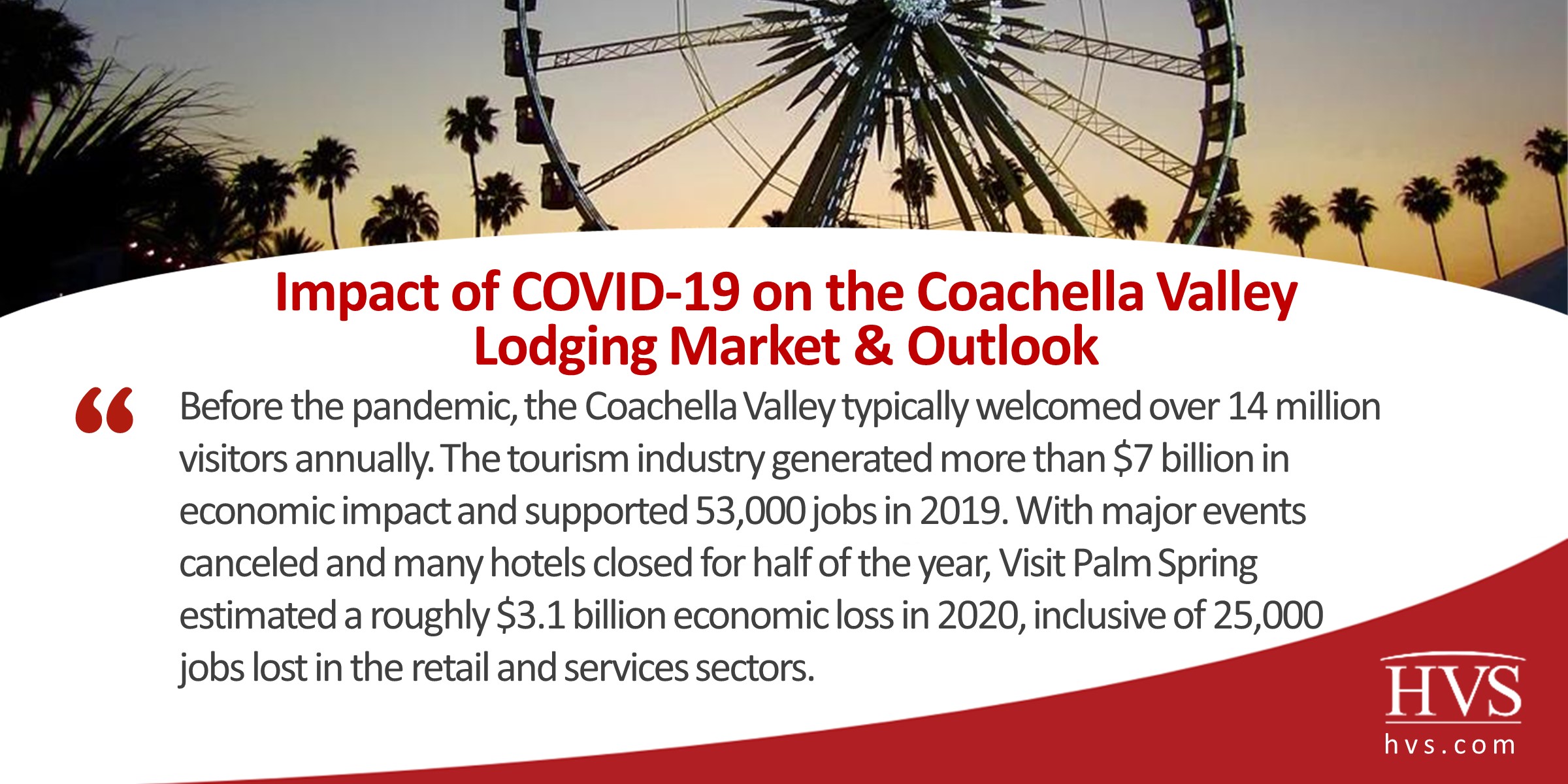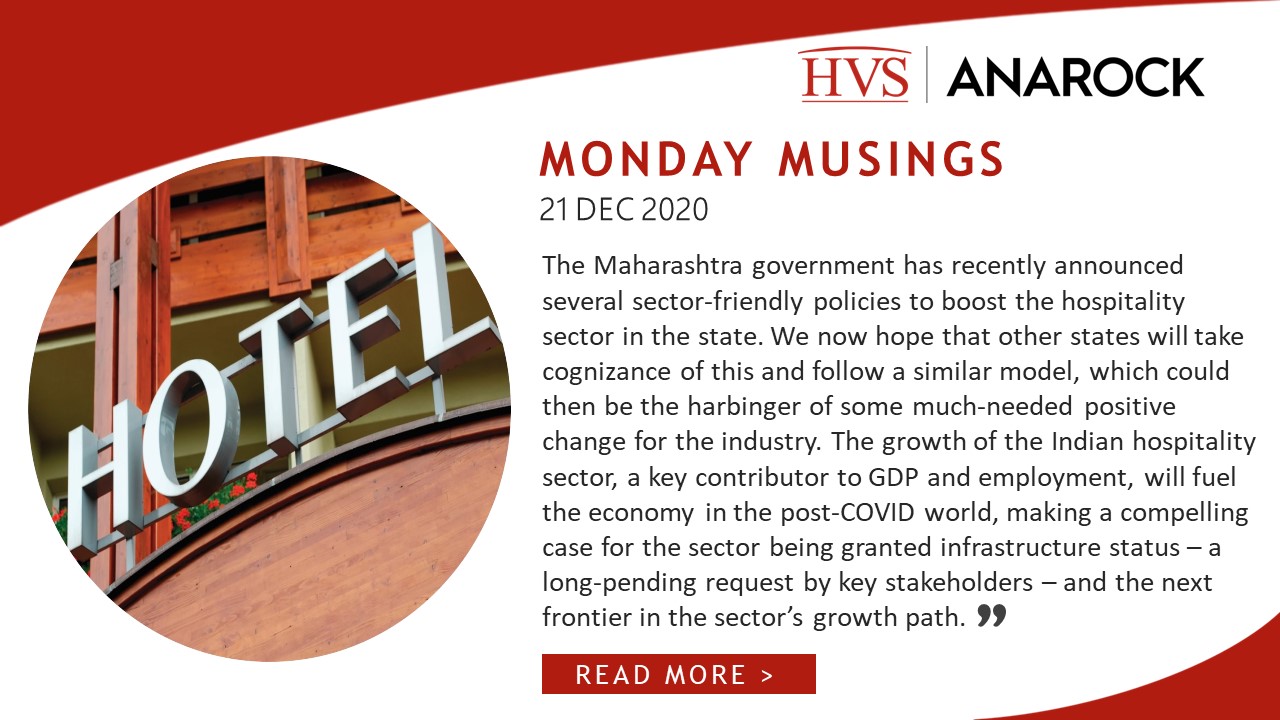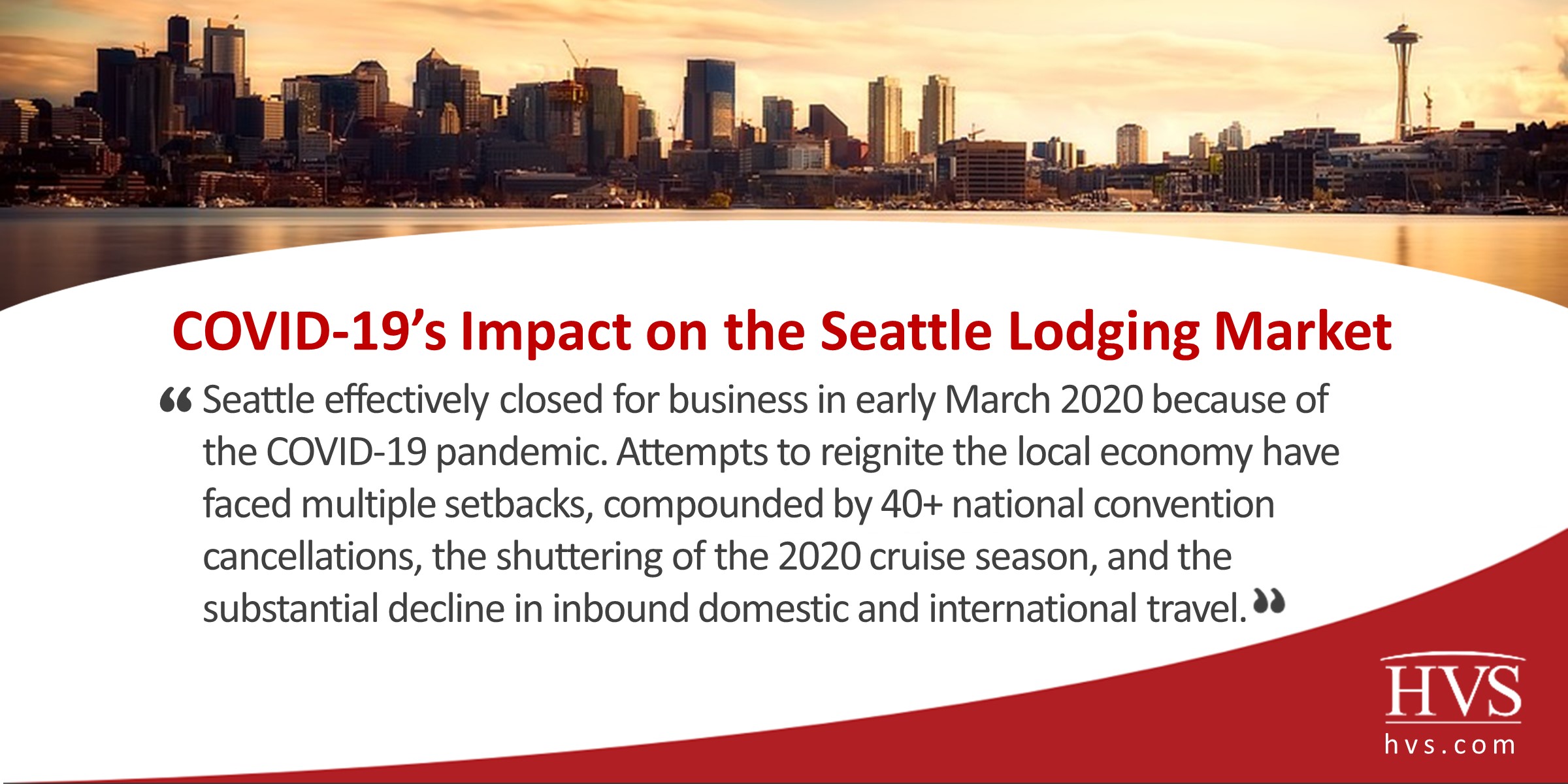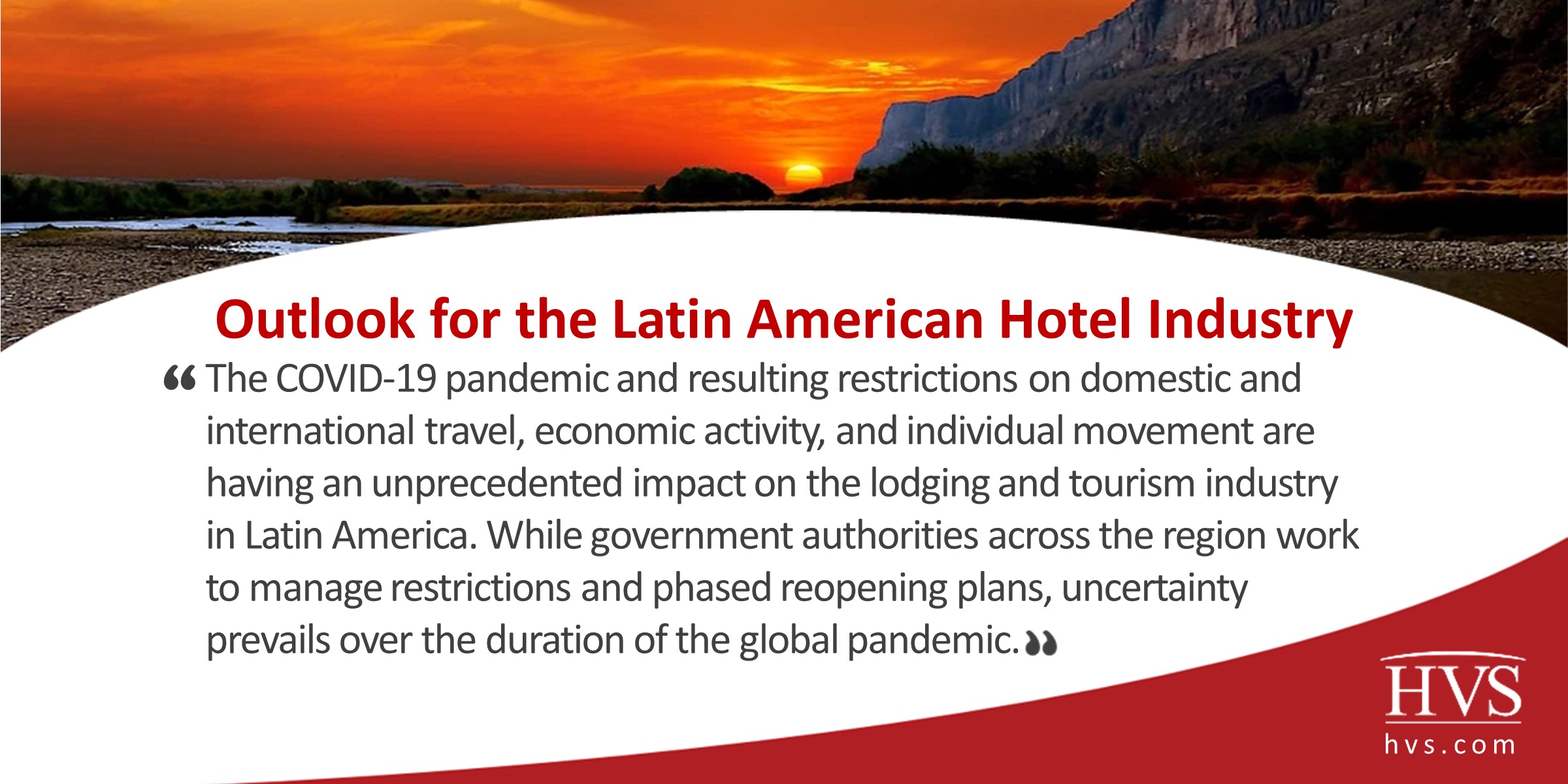 Paid Publication
Paid Publication
The HVS Guide to Canadian Hotel Management Contracts presents the results of an extensive review of hotel management agreements conducted across Canada, in addition to offering an in-depth understanding of the key terms and clauses of such agreements. All the management contracts analyzed for this survey were in place prior to the COVID-19 pandemic. At this stage, given the disruption to the industry and the unprecedented levels of distress, current events may have a longer-term impact on the key terms of management contracts and owner-operator relationships, most importantly on the concept of “force majeure.”
In Canada, 70% of hotels, representing roughly half of all guestroom inventory, are currently independent. However, most of the new hotels now being developed are associated with a brand. Consequently, the percentage of the supply that is branded is growing. The emergence of soft brands as an option for both established independent hotels and new developments is also contributing to the growth in branded supply. Given the number of first-time hotel developers that have entered the Canadian hotel industry, the need for education on the highly complex terms of management contracts and assistance in the negotiation process is greater than ever.
Hotel management contracts involve either brand management, in which the franchise company provides both the brand and management services, or third-party hotel management, whereby a hotel management company provides just management services for independent or franchised hotels. For full-service, upper-upscale, and luxury properties, international brands provide management services and forgo the royalty portion of their franchise fees in favour of a base management fee and an incentive management fee. Recently, brands have also begun offering management services in the limited- and select-service upscale hotel tier because there is a dearth of third-party hotel management companies in Canada.
Third-party management companies offer their services for a predetermined time period in exchange for a base management fee and an incentive fee. Currently, there are only a handful of third-party management companies in Canada, many with their roots in the United States. Given the recent growth in hotel development, often involving first-time developers, successful hotel owners in Canada are offering their local expertise through third-party management services in an effort to also fill this void.
Owners are becoming better educated and are hiring hotel consultants, such as HVS, as a way to gain greater power in the management-contract-negotiation process and ensure that they are receiving customized, fair, and equitable hotel management terms based on the merits of the specific development.
The 2020 HVS Guide to Canadian Hotel Management Contracts by Monique Rosszell and Anastasia Ivanova is intended as a reference document for the key terms, clauses, and trends in management contracts found across the country. We hope this guide can serve the industry as a reference to make better decisions and building more balanced relationships between owners and operators.
Download Excerpt
December 29, 2020
By HVS







